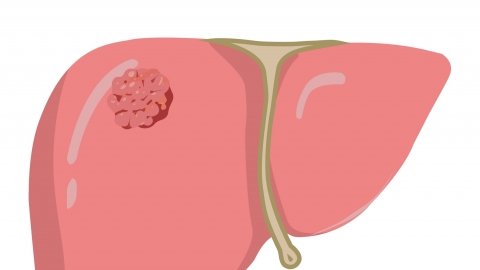Is there any surgical value in advanced liver cancer?
In general, whether surgery is beneficial for patients with advanced liver cancer depends on the tumor status and the patient's overall health. Surgery may be considered beneficial if the tumor is localized and the patient is physically able to tolerate the procedure, whereas it is typically not recommended when there is widespread metastasis or poor physical condition. Detailed analysis is as follows:

If, despite being diagnosed at an advanced stage, the liver tumor remains confined to a localized area of the liver without distant metastasis, and if the patient has good baseline health including adequate heart, lung, and liver function capable of tolerating surgery, then surgical intervention may be beneficial. Removing part of the tumor surgically can reduce tumor burden, relieve symptoms such as pain and bloating, and potentially extend survival.
However, if the advanced liver cancer has already spread to distant sites such as the lungs or bones, or if the tumor has extensively disseminated within the liver making complete resection impossible, or if the patient suffers from severe underlying conditions such as advanced cirrhosis or cardiopulmonary failure that preclude tolerance to surgical trauma, surgery is generally not considered beneficial. Performing surgery in these cases may increase physical stress, lead to complications, and ultimately shorten survival time.
In daily care, patients should be provided with a light and easily digestible diet, ensuring sufficient intake of protein and vitamins, while avoiding spicy and greasy foods. Emotional well-being should also be monitored, with ample psychological support offered to help maintain a positive mindset. Regular monitoring of vital signs is also necessary.





